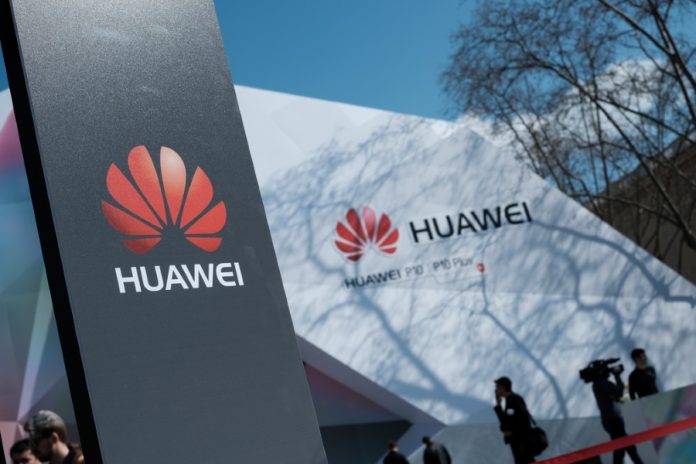Recently, Huawei made headlines, particularly in the AI chip market, after unveiling two new AI chips for smart devices and data centers.
Based on the strategy outlined by the Chinese giant during the launch, the chips are intended to take aim at already established silicon players such as Nvidia and Qualcomm.
The new chipsets dubbed the Ascend 310 and Ascend 910 were launched at the recently held Huawei Connect conference hosted in Shanghai, China.
The former was developed for Internet-linked devices such as smartwatches, smartphones among other gadgets that are connected to the Internet of Things (IoT) technology.
On the other hand, the Ascend 910 chipset is designed for data centers. Companies utilizing artificial intelligence(AI) applications need massive amounts of data for training smart algorithms, a process that can take a couple of days or even weeks to complete.
The Chinese tech giant Huawei said that the chip has the potential to process additional data in a faster duration of time compared to its competitors. What ’s more, the company said that the Ascend 910 can aid in training networks in minutes.
Currently, Huawei is known for providing cloud services by selling the hardware alongside the services and software. What ’s more, the company is looking forward to pushing further growth, especially to its enterprise business.
In 2017, that business amounted to more than 9% of Huawei’s revenues and grew about 35% year-on-year.
Huawei will be expecting the Ascend 910 to assist in continuing the strong growth. Furthermore, the chip can be expected to hit the market in the second quarter of 2019.
Both artificial intelligence (AI ) chipsets including Ascend 910 and Ascend 310 are anticipated to pit the Chinese tech against leading market players like Alibaba, Samsung, Nvidia, Intel, and Qualcomm. The later move marks a big and impressive change in strategy for Huawei, which up to now has been designing and making chips for its smartphones.
Back in 2017, Huawei launched its first artificial intelligence (AI) chip dubbed the Kirin 970. Later this year, it followed it up with the Kirin 980, which is expected to be in the company ’s forthcoming Mate 20 flagship handset.
However, the Chinese company has recently showed increased interest in artificial intelligence (AI) chips for enterprise and consumer applications.
Huawei added that it would sell whole packages as opposed to the chips themselves, primarily to third parties based on the chips.
Huawei boasts a cloud, network business, and consumer devices. Also, it is looking forward to building an ecosystem around AI applications.
“Going forward we need to think of new ways to prepare our business and industry for change. There are clear signs that AI will change or disrupt a whole host of industries,” said Eric Xu, Huawei’s Rotating Chairman, on Wednesday.
“AI will also change every organization,” he said. “AI will change jobs and skills in a way … that is quite different from previous revolutions,” he added, predicting “there will be much less demand for jobs that handle repetitive tasks.”
